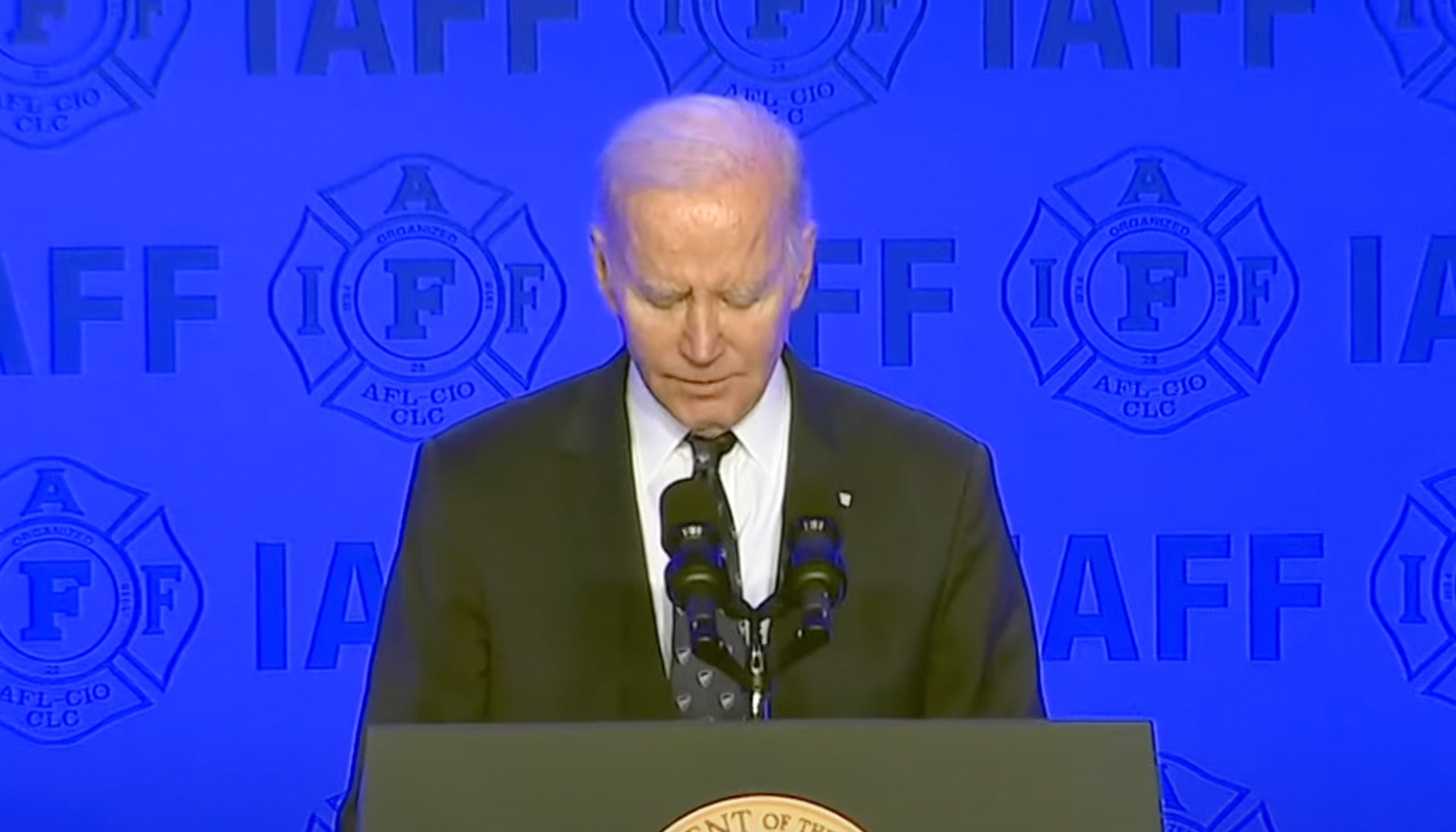Kennedy Sues for Removal from NC Ballot
In a significant legal challenge, Robert F. Kennedy Jr. has taken action against the North Carolina State Board of Elections to have his name removed from the 2024 presidential ballot.
After suspending his campaign and endorsing Donald Trump, Kennedy claimed his constitutional rights were being infringed by the board’s refusal to remove his name from the ballot, as the Charlotte News & Observer reports.
Last Friday, Kennedy, through his newly formed "We the People" party, filed a lawsuit in Wake County Superior Court. This move came shortly after Kennedy officially suspended his presidential campaign and publicly endorsed former President Donald Trump.
The Rise of the "We the People" Party
Robert F. Kennedy Jr. had previously announced the creation of the "We the People" party as his platform for the presidential race in North Carolina.
However, following his endorsement of Trump, the party requested that his name be withdrawn from the ballot.
This request was brought before the Democratic-majority North Carolina State Board of Elections earlier in the week. Despite the appeal, the board voted against removing Kennedy's name.
They argued that the process of printing ballots had already begun in over half the counties in the state, making removal impractical.
Ballot Printing Challenges Highlighted by Election Board
The two Republican members of the board suggested that there might be legal authority to delay the absentee ballot deadline to accommodate changes.
However, the majority held firm, with ballots scheduled to begin distribution by Sept. 6.
Karen Brinson Bell, the Board’s executive director, underscored the potential risks and costs associated with halting the ballot printing process.
She noted that reprinting ballots to exclude Kennedy’s name could cost in the high six-figure range and take approximately 12 to 13 days.
Legal Arguments Presented in Court
The lawsuit filed by Kennedy presents a stern challenge to the board's decision. It claims that by not acknowledging Kennedy's request, the board has caused him irreparable harm.
The argument extends to accusing the board of compelling Kennedy to engage in speech against his will, thus violating his constitutional rights.
“By refusing to acknowledge Kennedy’s statutory rights and entitlements, defendants have irreparably harmed him,” the lawsuit asserts. Furthermore, it claims, “Even worse, by forcing Kennedy to remain on the ballot against his will, defendants are compelling speech in violation of [the Constitution].”
Debate Over "Practicality" as a Legal Standard
Kennedy has strongly argued against the board's rationale that removing him from the ballot was impractical.
“Thus to the extent, NCSBE claims it is ‘impractical’ to remove him from the ballot, it is an issue of NCSBE’s own making,” the lawsuit criticizes.
This legal battle underscores the complex interplay between electoral logistics and individual rights. As the case progresses, it poses significant questions about the balance of practical governance and constitutional freedoms.
The outcome of this lawsuit may set a precedent for how electoral bodies handle similar situations in the future, particularly when a candidate withdraws close to an election date.






